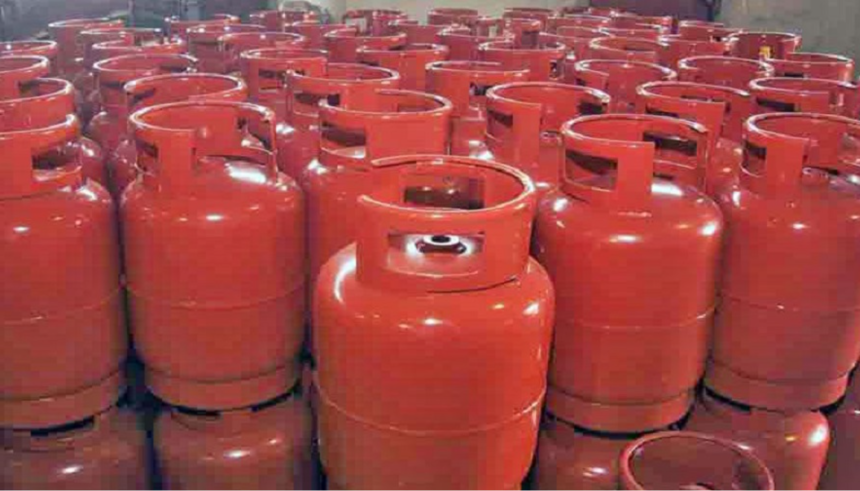Despite recent appeals from the Minister of State for Petroleum Resources (Gas), Hon. Ekperikpe Ekpo, urging marketers, distributors, and stakeholders in the Liquefied Petroleum Gas (LPG) sector to stop hoarding and exploiting consumers, the scarcity of cooking gas continues across major cities including Lagos, Abuja, and Delta State.

A market survey conducted by the Nigerian Tribune revealed that the few outlets still selling the product have adopted widely varying prices. As of Sunday, a kilogram of cooking gas sold between ₦1,700 and ₦2,200 in Lagos, while Abuja residents paid between ₦1,350 and ₦1,500 per kilogram. In Asaba, the price ranged from ₦1,300 to ₦1,500; Ilorin residents paid between ₦1,500 and ₦1,900; Ogun State averaged ₦1,700; and Akure residents paid around ₦1,400.
Residents across these regions expressed frustration over the rising cost and scarcity.
Joseph, a resident of Abuja, lamented that he bought six kilograms of gas for ₦8,100 along Airport Road on Saturday, compared to the ₦6,600 he used to pay. “That’s ₦1,350 per kilogram,” he said. “The situation is getting out of hand. Something urgent must be done to restore normalcy.”

In Asaba, Delta State, another resident, Mr. Timi Afolabi, described the situation as alarming, noting that LPG now sells for ₦1,500 per kilogram. In Ilorin, reporter Yusuf Usman stated that his wife bought gas at ₦1,900 per kilogram without any queues, while a resident in Akure, Mr. Oluwatuyi, confirmed paying ₦1,400 per kilogram.
When contacted on Sunday, the President of the Nigerian Association of Liquefied Petroleum Gas Marketers (NALPGAM), Oladapo Olatunbosun, declined to comment further on the matter, saying he would address it on Wednesday when normal supply is expected to resume.
Last week, Minister Ekpo expressed concern over the rising price of cooking gas, appealing to Nigerians for calm and patience. He assured that the disruption was temporary and that the government was taking steps to stabilise supply.

“Supply to the domestic market is expected to stabilise by next week, leading to a gradual reduction in prices,” he said.
Despite these assurances, the persistent scarcity and erratic pricing continue to burden households across the country, raising fresh concerns about Nigeria’s domestic gas supply chain and regulatory enforcement.




